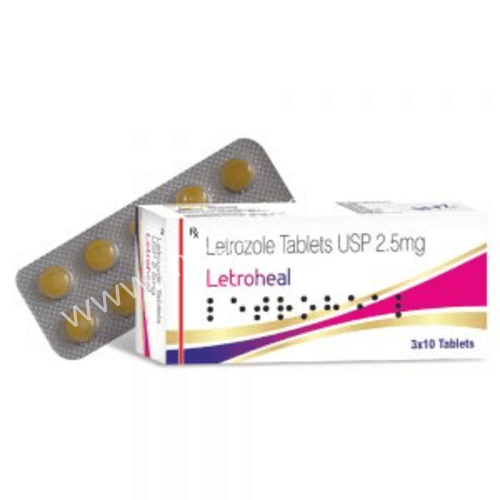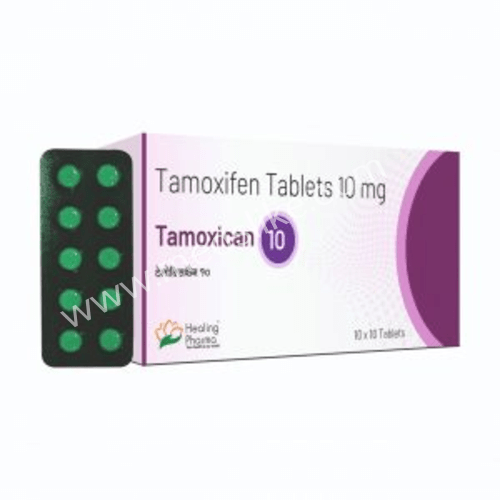Causes of Cancer
It may require decades for cancer to manifest. This is the reason why the majority of individuals diagnosed with cancer are 65 years of age or older. Cancer is not exclusively an adult disease; it can be diagnosed at any age, despite the fact that it is more prevalent in older individuals.
YOUR HABITS
Certain lifestyle decisions are recognized to elevate one’s likelihood of developing cancer. The following factors can contribute to the development of cancer: smoking, excessive sun exposure or frequent blistering sunburns, obesity, unsafe sex, and the consumption of more than one alcoholic drink per day (for women of all ages and men older than 65) or two drinks per day (for men age 65 and younger).
Although some habits are simpler to modify than others, it is possible to reduce your risk of cancer by altering these behaviors.
THE HISTORY OF YOUR FAMILY
Genetic predisposition to cancer is exceedingly uncommon; nevertheless, it is feasible. Mutations may be transmitted from one generation to the next if cancer is prevalent in your family. You may qualify for genetic testing to determine whether you have inherited mutations that could elevate your susceptibility to specific malignancies.
YOUR MEDICAL STATUS
Certain malignancies can be significantly elevated by certain chronic health conditions, including ulcerative colitis. Consult with your physician regarding your potential risks.
Your environment.
It is possible that the chemicals in your environment may be hazardous and increase your risk of developing cancer. Prolonged passive smoking can still contribute to the development of the disease, even if you do not smoke. Additionally, the risk of cancer is elevated by the presence of chemicals in your residence or workplace, including benzene and asbestos.
Cancer Symptoms
The signs and symptoms of cancer will differ based on the specific body part that is affected.
The following are some general indicators and symptoms that are associated with cancer, but are not specific to it:
- Fatigue
- A lump or area of thickening that is palpable beneath the skin
- Weight fluctuations, including unintended weight loss or gain
- Skin modifications, including yellowing, darkening, or redness of the skin, sores that refuse to heal, or modifications to existing moles
- Modifications in bowel or bladder habits
- Persistent cough or difficulty breathing
- Difficulty swallowing
- Hoarseness
- Persistent indigestion or discomfort following meals
- Persistent, unexplained muscle or joint pain
- Persistent, unexplained fevers or night sweats
- Unexplained bleeding or bruising
Adverse Effects on the Body
- Fatigue
- Pain
- Changes in Appetite
- Changes in Body Image
- Loss of Interest in Sex
- Fertility
- Sleeping Issues
Prognosis
Some common and fundamental diagnostic tests include the following:
- Health history review
- Physical examination
- Laboratory investigations (e.g., blood, urine)
- Biopsy
- Imaging procedures, including X-rays, PET/CT, MRI, and ultrasounds
- Nuclear medicine scans, including bone imaging and other procedures
- Endoscopy
- Genetic testing
Preventative measures
There is no guaranteed method of preventing cancer. However, physicians have identified numerous methods for decreasing the likelihood of developing cancer, including:
- Cessation of smoking: If you are a smoker, it is recommended that you cease. Do not initiate smoking if you are not currently doing so. Smoking is associated with a variety of cancers, including lung cancer. Stopping now will decrease your likelihood of developing cancer in the future.
- Prevent prolonged exposure to the sun: The risk of skin cancer can be elevated by the harmful ultraviolet (UV) radiation emitted by the sun. Restrict your exposure to the sun by applying sunscreen, donning protective clothing, or remaining in the shade.
- Consume a nutritious diet: Opt for a diet that is abundant in fruits and vegetables. Choose lean proteins and whole cereals.
- Engage in physical activity on a majority of days of the week: A reduced risk of cancer is associated with regular physical activity. Strive to engage in physical activity for a minimum of 30 minutes on seven days per week. Begin gradually and gradually increase the duration of your workouts to 30 minutes or more if you have not been exercising regularly.
- Maintain a healthy weight: The risk of cancer may be elevated if you are overweight or obese. Strive to attain and sustain a healthy weight by engaging in regular exercise and adhering to a nutritious diet.
- Consume alcohol in moderation: If you choose to consume alcohol, restrict yourself to one drink per day if you are a woman of any age or a man over the age of 65, or two drinks per day if you are a man 65 years of age or younger.
- Arrange for cancer screenings: Consult with your physician regarding the most suitable cancer screening exams for you, taking into account your risk factors.
- Consult with your physician regarding vaccinations: The risk of malignancy is elevated by specific viruses. Hepatitis B, which elevates the likelihood of liver cancer, and human papillomavirus (HPV), which elevates the likelihood of cervical cancer and other types of cancer, may be mitigated through vaccinations. Consult your physician regarding the suitability of these viruses for immunization.
FAQ’s
1. Is it possible for cancer to spread throughout the body as a result of cancer surgery or a tumor biopsy?
The likelihood of cancer spreading to other regions of the body as a result of surgery is exceedingly low. During biopsies or surgery to remove tumors, surgeons employ specialized methods and take numerous precautions to prevent the spread of cancer cells, in addition to adhering to standard procedures. For instance, when they are required to extract tissue from multiple regions of the body, they employ distinct surgical instruments for each region.
2. Is it possible for cancer to worsen as a result of exposure to air?
No. Cancer will not travel to other parts of the body or cause tumors to grow more rapidly as a result of exposure to air.
3. ARE CELL PHONES CAUSING CANCER?
No, the most recent studies indicate that this is not the case. Cell phones emit a form of low-frequency radiation that does not cause genetic mutations, which is the cause of cancer.












